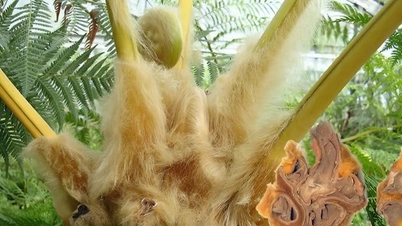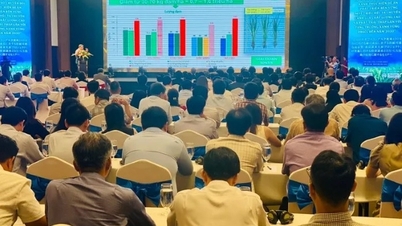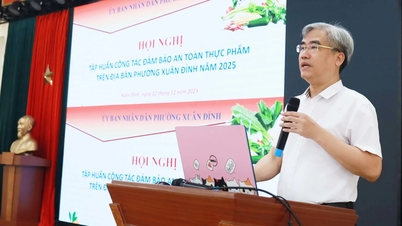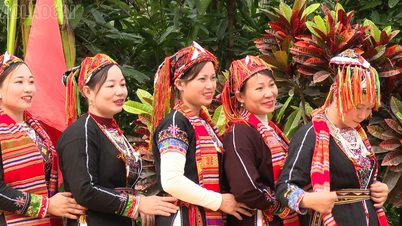Cocoa ( Theobroma cacao L. ) is an important commercial crop for 4-6 million smallholder farmers across the tropics and supports a global chocolate industry worth more than US$100 billion annually. Millions of kilograms of chocolate are exchanged as Valentine's Day gifts each year, but climate change and biodiversity loss are threatening the future supply of this food.
The combination of millions of farmers relying on cocoa for their livelihoods and growing global demand for the crop has driven the expansion of cocoa plantations and intensification of farming practices, often at the expense of biodiversity and long-term sustainability.
A new study led by the University of Oxford, in collaboration with Westlake University (China), Universidade Estadual de Santa Cruz (Brazil) and the University of Göttingen (Germany), has highlighted significant risks to cocoa production due to climate change. However, the researchers also identified farm management solutions that can both climate-proof cocoa and increase yields without requiring plantation expansion.
The study was conducted in three major cocoa-producing countries, Brazil, Ghana and Indonesia (which together account for 33% of global cocoa production), to investigate the key factors affecting cocoa yields. The findings showed that increasing pollination rates above current levels could increase yields by 20%. This suggests that many cocoa plantations are not receiving enough pollination to produce the maximum possible yield. In addition to the impact of pollination, locations that are 7°C warmer have cocoa yields that are 20-31% lower.
To support sustainable cocoa production, the researchers recommend practical strategies to enhance pollination, such as maintaining leaf litter and other understory biomass, conserving soil organic matter, providing moderate shade, and reducing the use of agricultural chemicals. These measures not only increase pollinator numbers, but also help regulate plantation temperatures and improve soil health, ensuring the long-term resilience of plantations.
This study shows that sustainable agricultural practices can significantly improve cocoa productivity without expanding or intensifying farms. By adopting biodiversity-focused, climate-resilient farming techniques, the cocoa industry can increase production while protecting farmers’ livelihoods, said the study’s first author.
Dr Tom Wanger from Westlake University, China added: “The high demand for cocoa and the short-term economic benefits to farmers have led to plantation expansion and ecological homogenisation at the expense of biodiversity and important ecosystem services, such as pollination. This study highlights the long-term risks of this approach and how pollination can be a solution that works alongside climate-resilient agricultural systems to achieve long-term, ecological and financial sustainability.”
Source: https://www.mard.gov.vn/Pages/bao-ve-quan-the-thu-phan-vua-giam-thieu-rui-ro-khi-hau-vua-dam-bao-san-luong-cacao.aspx



























![[Photo] Parade to celebrate the 50th anniversary of Laos' National Day](/_next/image?url=https%3A%2F%2Fvphoto.vietnam.vn%2Fthumb%2F1200x675%2Fvietnam%2Fresource%2FIMAGE%2F2025%2F12%2F02%2F1764691918289_ndo_br_0-jpg.webp&w=3840&q=75)
![[Photo] Worshiping the Tuyet Son statue - a nearly 400-year-old treasure at Keo Pagoda](/_next/image?url=https%3A%2F%2Fvphoto.vietnam.vn%2Fthumb%2F1200x675%2Fvietnam%2Fresource%2FIMAGE%2F2025%2F12%2F02%2F1764679323086_ndo_br_tempimageomw0hi-4884-jpg.webp&w=3840&q=75)


































































Comment (0)